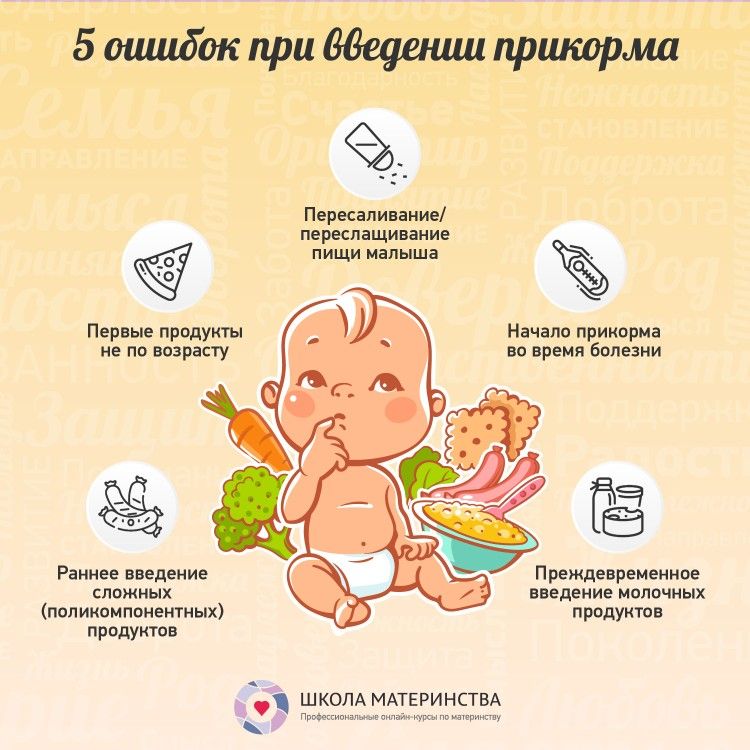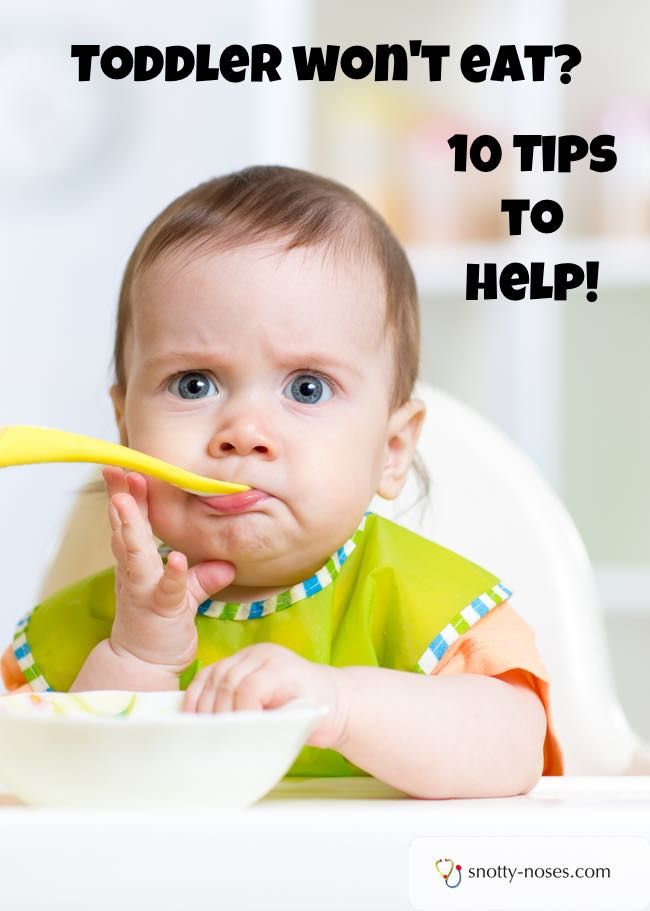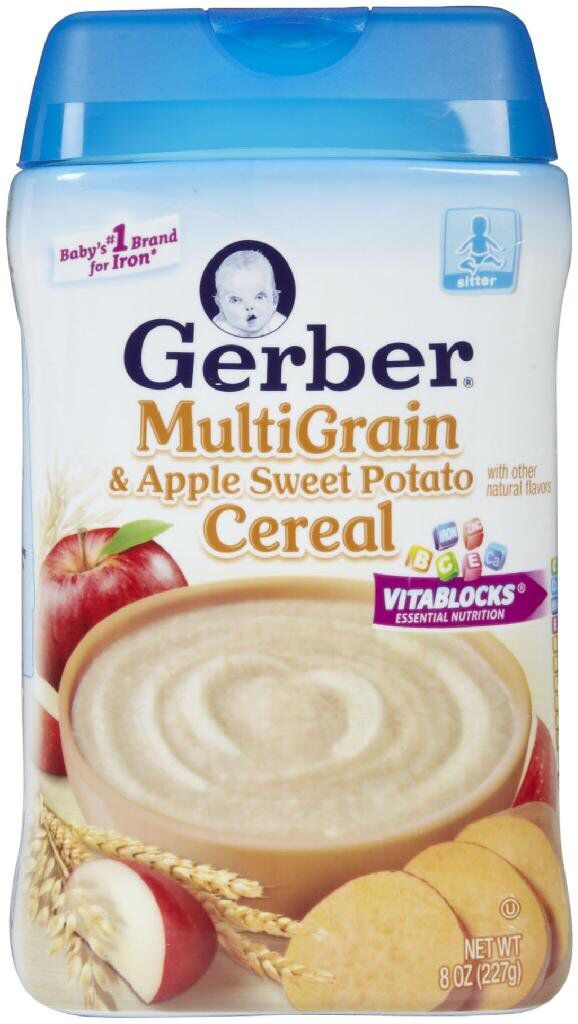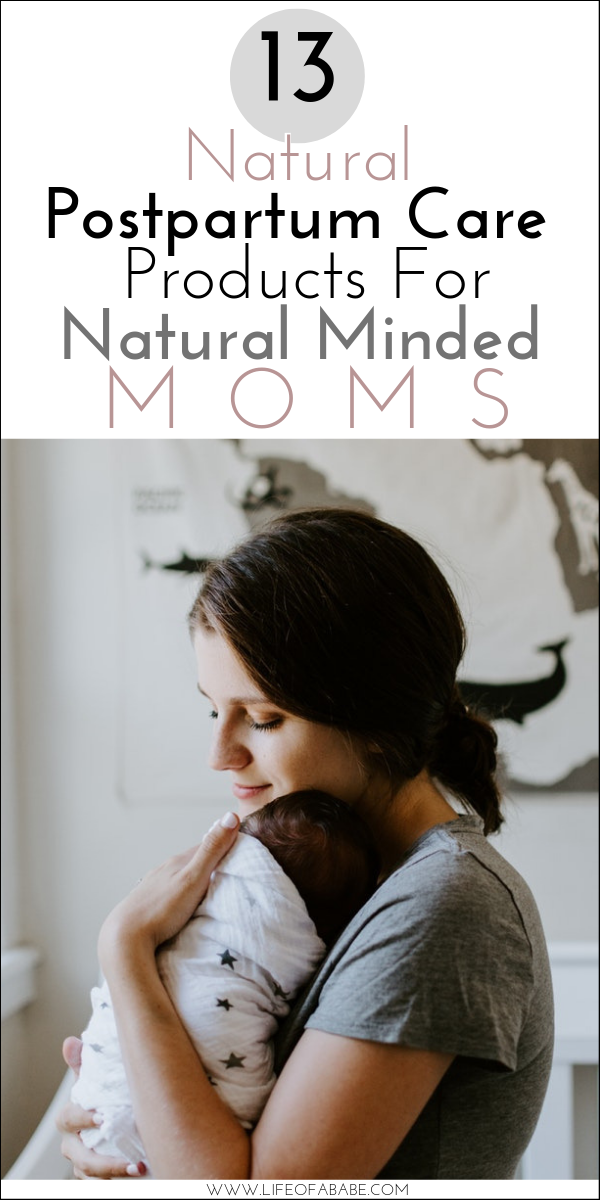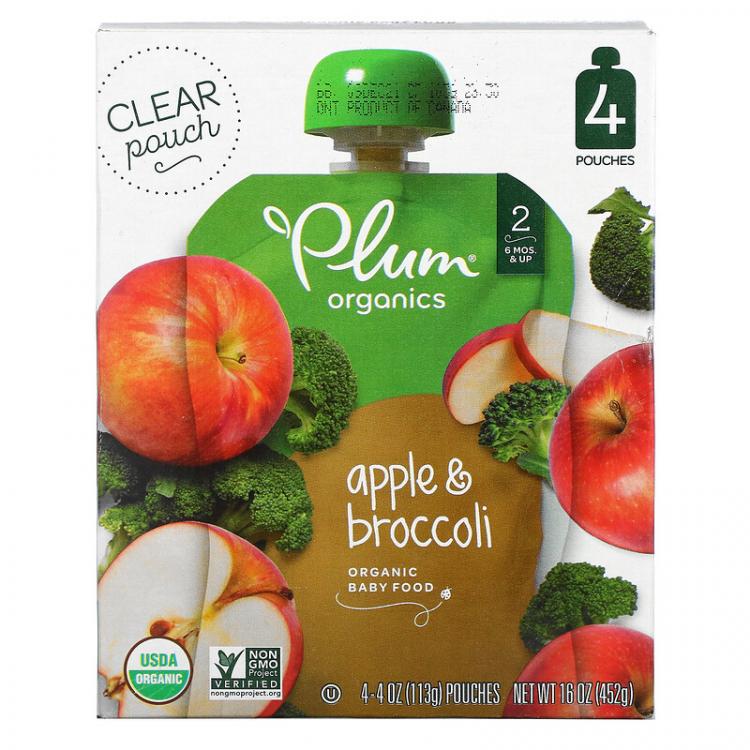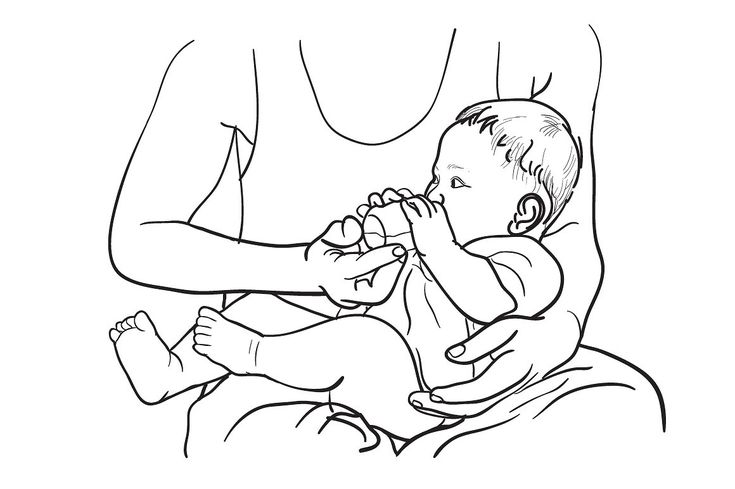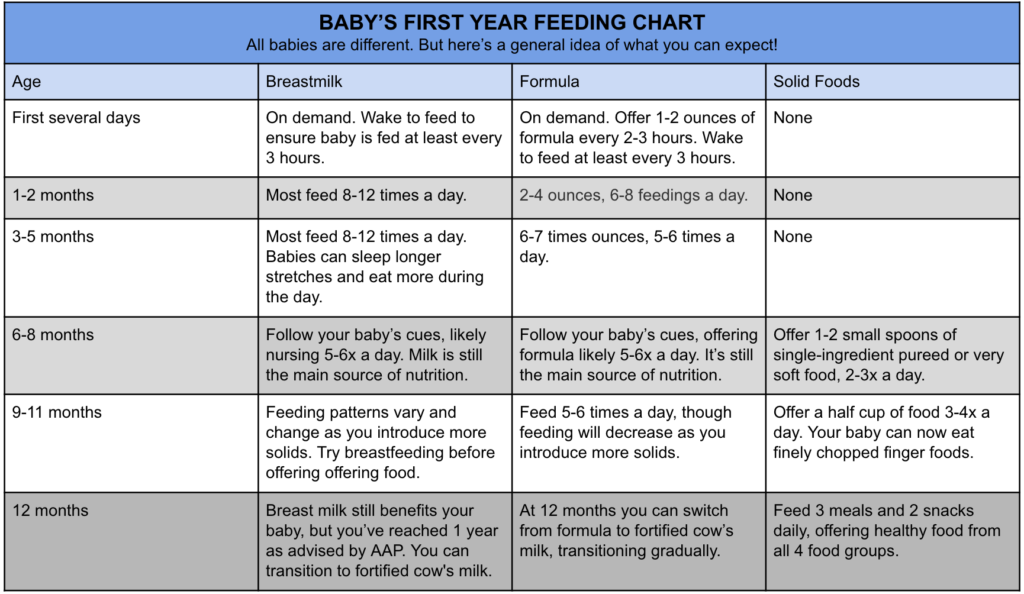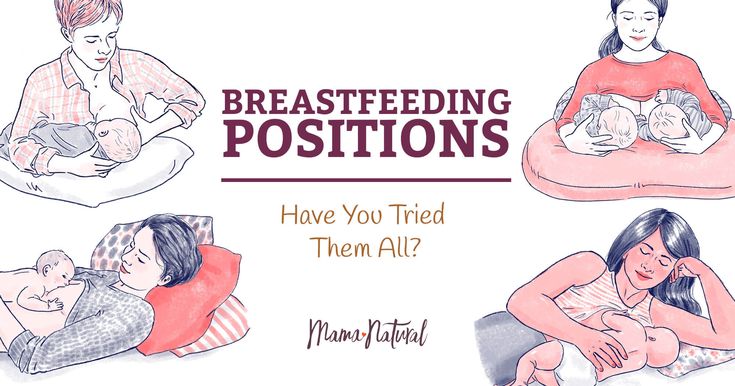Breast feeding diet for colic baby
A breastfeeding mother’s diet for an infant with colic
Dawn Earnesty, Michigan State University Extension, Alicia Grigg, intern -
A breastfeeding mother’s diet should include plenty of water and an adequate consumption of fruits, vegetables, whole grains, lean proteins and low-fat dairy sources.
Does it seem like your colicky infant is incapable of being soothed? Colic is defined as a thriving, healthy infant who has regular episodes of intense crying. The crying can last for several hours at a stretch, often in the evening. Colic will eventually run its course and most babies grow out of it by six to 12 weeks of age. Some people find eating a healthy diet while breastfeeding is beneficial to managing colic.
Colic seems to affect infants between the ages of about three to six weeks, but could last up to at least a year. There are many possible explanations as to why an infant may become colicky, but there is no known cause. Eating a healthy diet while breastfeeding is important for all mothers.
Michigan State University Extension suggests these healthy eating tips for breastfeeding women:
- Eating at least three meals a day with additional small snacks. Try to avoid skipping meals.
- Limit foods and drinks with caffeine. Examples include chocolate, coffee, tea and soft drinks.
- Drink plenty of water each day. If you are thirsty you are not drinking enough. Additional information on the about of fluids needed can be found online at Kids eat right.
- If using artificial sweeteners, check with a registered dietitian on how much can safely be consumed each day.

- Try to lose your baby weight slowly and avoid calorie restrictions.
- Some babies also may become fussy with the consumption of gas-producing foods (broccoli, cabbage, beans, etc.). If you notice this you may want to substitute other vegetables and lean proteins into your diet.
- Some foods may cause an allergy in an infant also, although this area needs additional research. The most common allergy-causing foods are cow’s milk, eggs, wheat and peanuts. If you notice an allergy you may want to reduce or eliminate these foods for a period of time.
The benefits of breastfeeding outweigh even the occasional fussiness. It is most important to consume a diet with plenty of water and an adequate consumption of fruits, vegetables, whole grains, lean proteins and low-fat dairy sources.
This article was published by Michigan State University Extension. For more information, visit https://extension.msu.edu. To have a digest of information delivered straight to your email inbox, visit https://extension.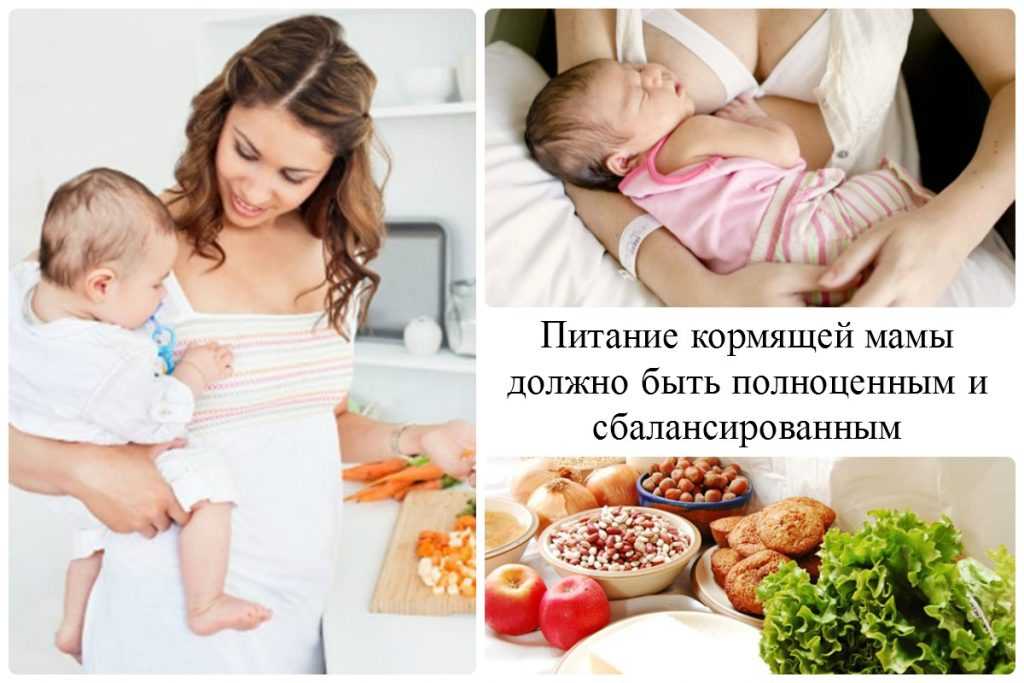 msu.edu/newsletters. To contact an expert in your area, visit https://extension.msu.edu/experts, or call 888-MSUE4MI (888-678-3464).
msu.edu/newsletters. To contact an expert in your area, visit https://extension.msu.edu/experts, or call 888-MSUE4MI (888-678-3464).
Did you find this article useful?
Foods to Avoid to Prevent Colic – Lola&Lykke
An expecting or new mother fears a lot of possible future scenarios, but one of the more common and everyday issues that she is, unfortunately, more likely to face is also one of the most mysterious, baffling, and frustrating: colic, which one in five infants are said to have. In this article, we’ll go over the definition of colic as well as the link it has to diet - namely, the mother’s. We’ll offer tips for how you can modify your diet, including foods to avoid during breastfeeding, to prevent colic.
What is Colic?
Colic is one of the more challenging problems a new parent can face. It’s when your new baby cries in a prolonged, intense, and frequent way despite being otherwise healthy. Colicky babies most often have their episodes in the evening, making it even tougher on already-tired parents who desperately want peace and quiet. Naturally, it’s heartbreaking to watch your baby suffer and not know why, and colic is all the more frustrating because it doesn’t seem to have any particular cause and no amount of soothing seems to help.
Naturally, it’s heartbreaking to watch your baby suffer and not know why, and colic is all the more frustrating because it doesn’t seem to have any particular cause and no amount of soothing seems to help.
Does Your Baby Have Colic?
Defined as an infant crying intensely for three or more hours a day, three or more days a week, for three or more weeks, colic usually peaks when an infant is about six weeks old and declines after they reach three or four months of age. It can happen to any baby: breastfed or formula-fed, male or female, premature or full-term.
Symptoms of colic include:
- Intense, often high-pitched crying that resembles screaming or an expression of pain
- Crying that doesn’t seem to be tied to any particular reason such as needing to be fed or get a diaper change
- Intense fussiness that continues even after the crying stops or declines
- Predictable timing of crying episodes that occur especially in the late afternoon or early evening
- Facial discoloration such as a reddened face or pale mouth
- Body tension in the legs, arms, fists, back, or abdomen
- Colic episodes followed by a bowel movement or passing of gas that may bring temporary relief
- The baby closing their eyes tight or opening them wide, furrowing their brow, or even holding their breath
- Crying that disrupts eating and sleeping patterns
It’s important to note that colic is a condition that occurs in otherwise healthy babies. If your baby is intensely crying on a regular basis, it’s important to rule out the possibility of a non-colic cause that is leading to pain or discomfort in your baby, such as illness. If your infant experiences excessive crying, you should schedule an appointment with your doctor to see if an underlying cause can be found instead of assuming that it must be colic. Together, you will be able to determine if your baby does indeed have colic.
If your baby is intensely crying on a regular basis, it’s important to rule out the possibility of a non-colic cause that is leading to pain or discomfort in your baby, such as illness. If your infant experiences excessive crying, you should schedule an appointment with your doctor to see if an underlying cause can be found instead of assuming that it must be colic. Together, you will be able to determine if your baby does indeed have colic.
Can Your Diet Really Upset Your Breastfed Baby?
While the causes of colic are unknown, there is much speculation about what may lead to this condition. Theories for potential reasons include an imbalance of healthy gut bacteria, childhood migraine, overstimulated senses, acid reflux, an undeveloped digestive system, food allergy, and tobacco exposure.
Another popular theory is that colic may be tied to the diet of the breastfed baby’s mother. According to WebMD, “A study published in the [November 2005] issue of Pediatrics suggests that excluding highly allergenic foods from a nursing mother's diet could reduce crying and fussiness in her newborn's first six weeks of life.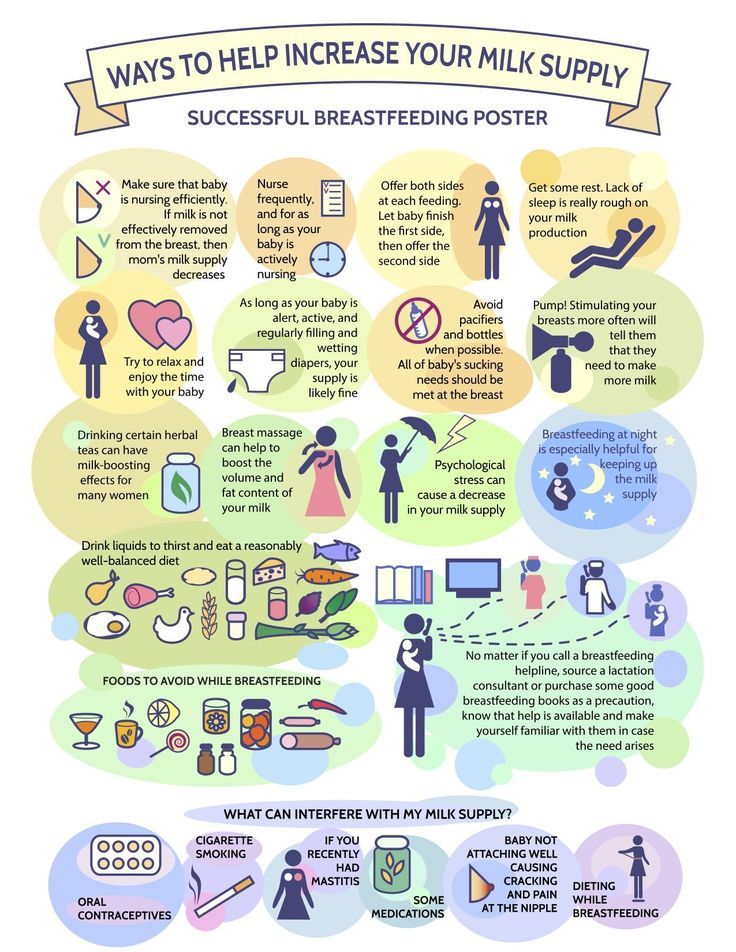 ”
”
There are several reasons to believe this may be the case. First, it’s known that the diet of a breastfeeding mother does affect the infant. If the mother consumes something that upsets the stomach of the newborn, this can lead to discomfort and crying. There also seems to be a link between colic and gastrointestinal distress; colicky infants are often gassy and passing gas is often followed by relief.
There are, in fact, several studies that have shown that a change in the mother’s diet can lead to a significant diminishment of colic symptoms, namely in how long the babies cried each day. Other studies have found a link between the consumption of certain foods by the breastfeeding mother and colic in breastfed infants. Ultimately, research suggests that an elimination diet may help ease symptoms of colic.
Learn more: What to eat while breastfeeding
Foods to Avoid
Common Allergens
One category of colic foods to avoid while nursing is those that many people have an allergy to, such as:
- Cow’s milk
- Eggs
- Wheat
- Peanuts, tree nuts
- Soy
- Fish
With cow’s milk being the most common infant allergy.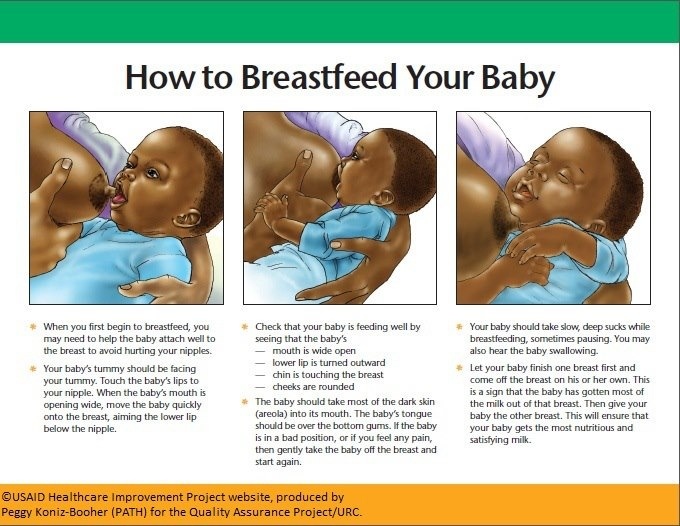 In one 2005 study, 74% of breastfed babies whose mothers ate a low-allergen diet eliminating all of the above ingredients showed significant improvement in colic.
In one 2005 study, 74% of breastfed babies whose mothers ate a low-allergen diet eliminating all of the above ingredients showed significant improvement in colic.
Cruciferous Foods
Another type of colic baby breastfeeding food to avoid is the category of foods that often creates a lot of intestinal gas, namely cruciferous vegetables. This includes cabbage, cauliflower, broccoli, and brussels sprouts. One 1996 study found that mothers who ate diets high in cabbage, cauliflower, and broccoli were more likely to have colicky babies. As these foods are high in fructans, which are difficult to digest, they can cause gas and bloating.
Unhealthy Foods
It is often assumed that foods that are unhealthy for adults will also be unhealthy if they make it into a breastfed baby’s diet, which is why many sources recommend that breastfeeding mothers looking to reduce colic should avoid unhealthy foods such as highly-processed foods and foods high in saturated or trans fats.
While it is debatable whether chocolate is healthy for you or not, with dark chocolate in particular often being cited as a healthy food, the same 1996 study that linked certain cruciferous vegetables with colic also found that mothers who ate a lot of chocolate were more likely to have colicky babies. However, it isn’t specified which type of chocolate, and it very well may be that milk chocolate may have this effect due to containing cow’s milk. It’s also thought that the problem may be the acidity of chocolate, which can cause acid reflux.
Breastfeeding Diet for a Colic-Free Baby
While various sources may name a list of foods to eat while breastfeeding to avoid colic, there isn’t any scientific evidence pointing to the possibility that including certain particular foods in your diet can help colic. That being said, it is reasonable to conclude that a generally healthy lifestyle and diet with a variety of nutritious foods is what will be best for the mother and, in turn, the baby.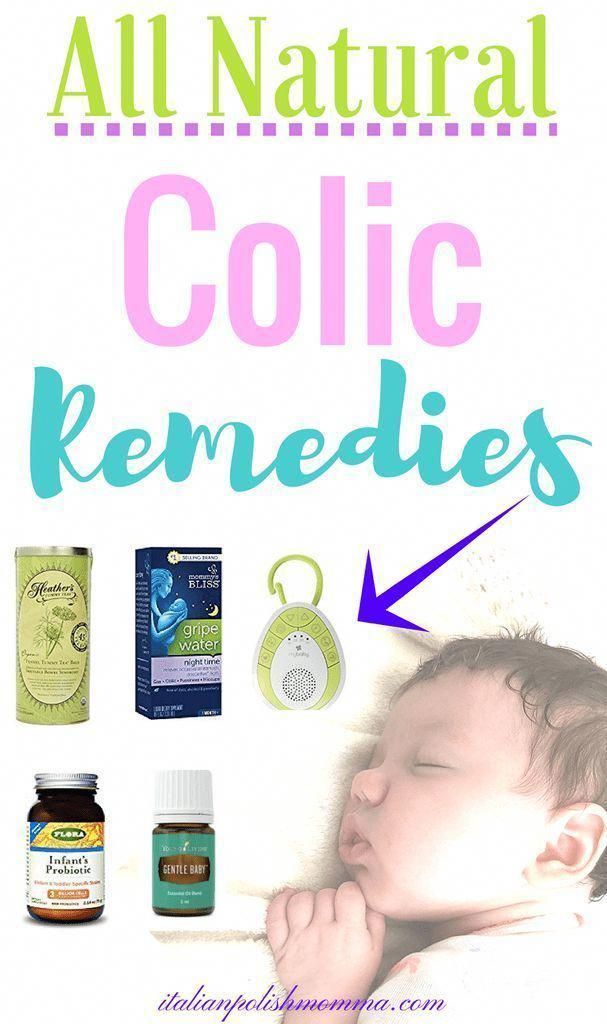
As such, a healthy diet for breastfeeding mothers to avoid colic may include:
- Plenty of water to stay hydrated
- Fruits and non-cruciferous vegetables
- Whole grains
- Lean proteins
- Mushrooms
- Tea
- Apple cider vinegar
It’s particularly worth noting that there have been studies that have shown that probiotics can help colic by helping infants form a protective barrier against harmful bacteria and stimulating the immune system. One 2007 study found that “colic improved in a dramatic 95% of babies given Lactobacillus reuteri once per day for 1 month.” While it is not wise to begin a course of probiotics on your own, it may be something worth speaking to your doctor about.
If you want to go the more natural route, foods high in probiotics include:
- Yogurt
- Kefir
- Kombucha
- Sauerkraut
- Pickles
- Miso
- Tempeh
- Kimchi
- Sourdough bread
- Some cheeses
However, because many of these contain common allergens like dairy, wheat, and soy, kombucha has alcohol in it, and sauerkraut and kimchi are based on the cruciferous vegetable cabbage, you may not want to take the risk of eating them.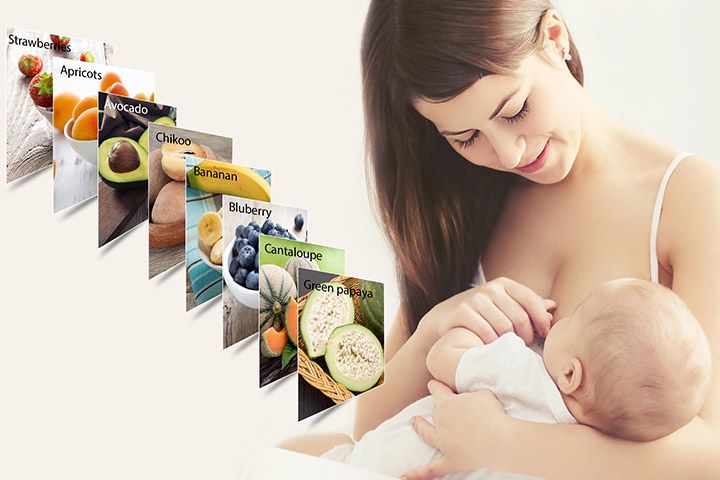 For that reason, a doctor-approved probiotic dietary supplement might be the best route for mums who are considering probiotics as a solution to colic.
For that reason, a doctor-approved probiotic dietary supplement might be the best route for mums who are considering probiotics as a solution to colic.
If you do decide to change your diet in response to colic, especially if you want to start probiotics or try an elimination diet, it’s important to consult a medical professional such as a dietitian, who can monitor you and your baby’s nutrition and health and make personalised recommendations.
At the end of the day, the unfortunate truth is that there is no “cure” for colic. However, you can be reassured by the fact that - diet change or no diet change - colic doesn’t last forever; there is an end in sight. Colic is not your fault and while you can do your best to treat it, you should never feel guilty that it is happening. Do your best, take care of yourself and your baby to the best of your ability, and - sooner or later - the colic will pass.
Have questions about breastfeeding, pregnancy, or postpartum? Ask Lola&Lykke Experts, completely free of charge.

by Lola&Lykke Team
- breastfeeding
- Diet & Nutrition
Diet changes for colic in infants
Review question
Do infants with colic improve if breastfeeding mothers follow a hypoallergenic diet and use special formulas when formula-fed?
Relevance
Infantile colic is a common problem affecting otherwise healthy babies in the first three months of life. They are characterized by bouts of inconsolable crying for more than three hours a day, more than three days a week, for at least three weeks.
This can be distressing for parents.
Diet changes, such as eliminating cow's milk from breastfeeding mothers or switching to artificial soy formula, may relieve symptoms of colic in infants.
Study profile
We found 15 randomized controlled trials in which 1121 infants with colic were randomly assigned to one of two or more treatment groups. The evidence is current to July 2018.
Infants (both boys and girls) were less than 3 months old.
Main results
Most studies reported data on a combination of outcomes: duration of crying, number of participants in each post-intervention group (ie those who experienced a reduction in daily crying duration), or frequency of crying episodes. No studies reported on parental or family quality of life, infant sleep, or parental satisfaction. Six studies reported no side effects as a result of dietary changes.
Hypoallergenic diet
In one study (90 infants), more infants were found to respond to a hypoallergenic diet of lactating mothers than to a standard diet with known potential allergens.
One study (120 infants) found little difference between breastfed infants whose mothers were on a hypoallergenic diet (10/16; 62.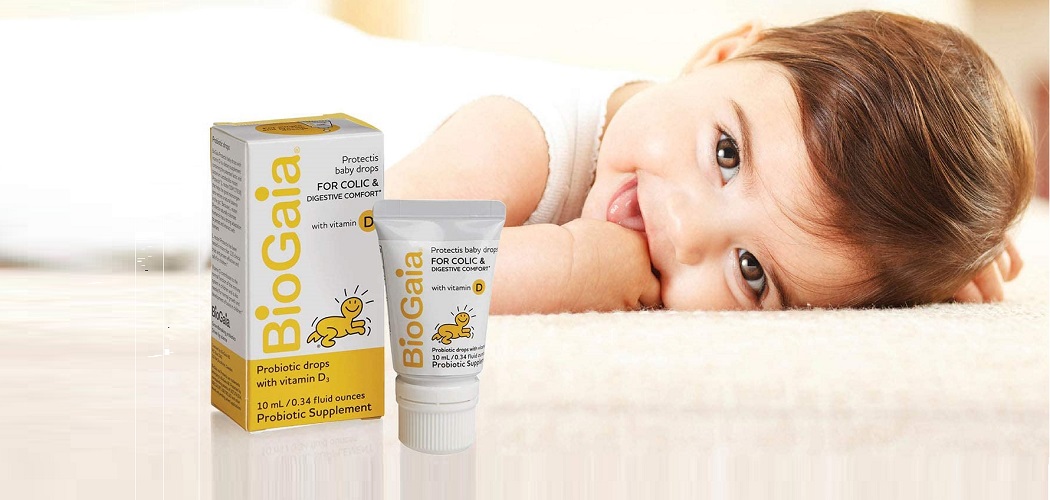 5%) and formula-fed infants fed soy milk (29/44; 65.9%. However, researchers found that breastfed infants responded more to dicyclomine hydrochloride (a tablet used to treat stomach cramps) than formula-fed infants.
5%) and formula-fed infants fed soy milk (29/44; 65.9%. However, researchers found that breastfed infants responded more to dicyclomine hydrochloride (a tablet used to treat stomach cramps) than formula-fed infants.
Hydrolyzed milk formula
In 2 studies (64 infants), no difference was found in crying time between the hydrolyzed (hypoallergenic) and regular cow's milk groups. One of these studies (43 infants) reported a greater reduction in crying time by the end of the study in infants fed hydrolyzed milk.
A third study (22 infants) showed that two types of hydrolysed formulas were equally effective in resolving colic symptoms in infants starting with standard formula.
In the fourth study (21 infants), infants whose parents received information and support were reported to have reduced crying time faster than infants fed hydrolysed formulas or milk and soy-free formulas (for 9 days).
In the fifth study (267 infants), hydrolyzed formula with oligosaccharides (carbohydrates) and standard formula with simethicone (a medicine to treat symptoms of gas) were found to reduce the number of episodes of colic after 7 days. However, after 2 weeks, the effects were more pronounced in the hydrolyzed mixture with oligasaccharides group.
However, after 2 weeks, the effects were more pronounced in the hydrolyzed mixture with oligasaccharides group.
Addition of lactase enzyme
Three studies (138 infants) evaluated the effect of adding lactase (an enzyme that helps break down lactose (sugar) in milk) to infant milk. The results were presented in a form that did not allow analysis.
Fennel, chamomile and lemon mint extracts
One study (93 infants) found that average daily crying in infants was reduced within one week of treatment with fennel extract, chamomile and lemon balm.
Soy Protein Blend
One study (19 infants) found that compared to cow's milk formula, soy formula reduced crying time and increased the number of babies that responded to dietary changes. However, international guidelines do not support the use of soy milk due to concerns that it may affect the hormonal balance of children, and therefore these results are not relevant.
One study (27 infants) compared soy formula with oligosaccharides (carbohydrates) to soy formula without additives, but the results were presented in a form that did not allow analysis.
Quality of evidence
Many studies included only small numbers of participants and were of poor quality. We found no evidence for the effectiveness of most dietary interventions. When studies reported any benefit, it was not significant enough.
Terminals
Based on the available evidence, we cannot recommend any of the dietary changes assessed in this review.
Translation notes:
Translation: Kim Alina Valievna. Editing: Kukushkin Mikhail Evgenievich. Project coordination for translation into Russian: Cochrane Russia - Cochrane Russia (branch of the Northern Cochrane Center on the basis of Kazan Federal University). For questions related to this translation, please contact us at: [email protected]; [email protected]
What is the diet of a nursing mother with colic in newborns?
Pain in the tummy of the baby, mother ate a pood of potatoes? Colic occurs about in the third week after the birth of and ends by three months or six months of age.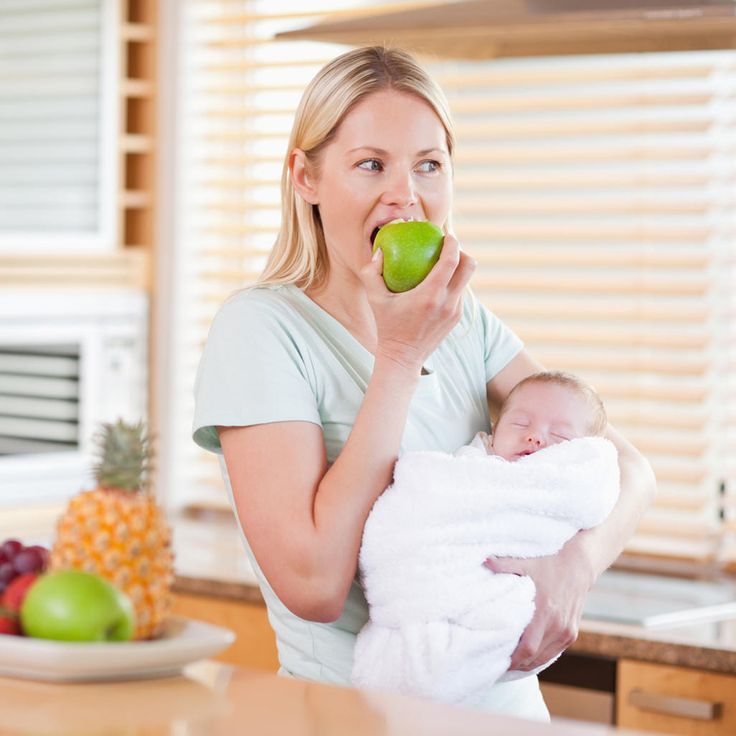 When a newborn baby bulges tummy , he cries bitterly, tearing his mother's heart. I want to help him with all my might. Colic affects 70 percent of newborns. Basically, these children are boys, most often, they are the first-born. Outside of colic, as a rule, the baby eats well, gains weight and looks healthy. But the spasms make him cry long and uncontrollably0092 newborn blushes, presses legs to tummy . A young mother should know that abdominal pain in the first months of a baby's life is quite common. Thus, the baby adapts to new food, to mother's milk, adaptation takes place .
When a newborn baby bulges tummy , he cries bitterly, tearing his mother's heart. I want to help him with all my might. Colic affects 70 percent of newborns. Basically, these children are boys, most often, they are the first-born. Outside of colic, as a rule, the baby eats well, gains weight and looks healthy. But the spasms make him cry long and uncontrollably0092 newborn blushes, presses legs to tummy . A young mother should know that abdominal pain in the first months of a baby's life is quite common. Thus, the baby adapts to new food, to mother's milk, adaptation takes place .
And yet, the causes of pain can be improper feeding , in which the baby swallows air, lack of lactose, the temperaments of the baby and mother. As a result, each case is individual. Therefore, the point is most often not what foods the mother should exclude from consumption. This is what is very important for a young mother to understand, who, perhaps for the first time, experienced postpartum stress, cares a lot about the baby, worries about the slightest reason.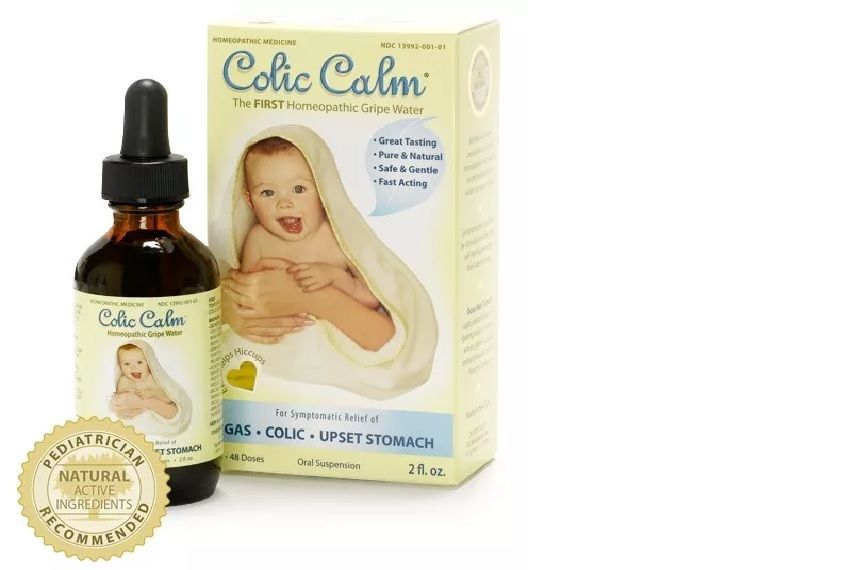 And then there is a whole list of prohibited products!
And then there is a whole list of prohibited products!
Limiting herself in every little thing, a woman can lose milk altogether, the child will have to be transferred to artificial nutrition. Mom should know that the health of her baby directly depends on her condition , you can’t get depressed, because one of the greatest joys happened in life. There is no need to restrict yourself in food.
"Forbidden Fruits"
So, let's list the products that are recommended to be excluded from the diet of a nursing mother with intestinal colic in a baby:
- Carbonated drinks and mineral water
- Condensed milk, ice cream and milk
- Smoked, salty and spicy dishes
- Mayonnaise
- Chocolate, colored confectionery, coffee, tea
- Exotic fruits, grapes
- White cabbage
- Nuts and raisins
- Fresh cabbage and legumes
- Rye bread, potatoes and pasta in large quantities
Don't you get the impression that you can't eat anything at all, except for kefir, apples and cereals, which seem tasteless?
There is no need to torture yourself with an unpleasant diet, it is important to enjoy every day with your baby and not turn him and your life into suffering.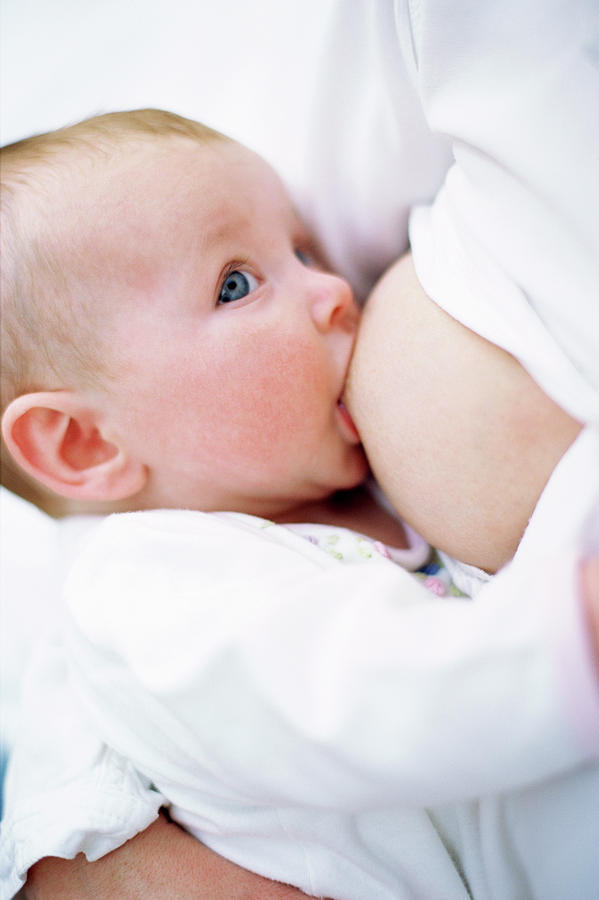 Because soon the baby will cry not from colic, but from hunger.
Because soon the baby will cry not from colic, but from hunger.
Crying diary
Colic can also be confused with illness . You need to know that colic occurs, as a rule, at the same time, in the late afternoon, lasting about half an hour. Mommy should definitely start the so-called "Diary of crying" . In it, she will write down everything she ate that day, mark the days and hours in which the baby had colic. Keeping a diary may help you figure out which foods may have caused abdominal pain . Studies have shown that a child in the womb manages to capture the situation of the intestines of his mother and builds a similar one in himself. Therefore, it is necessary to influence exactly mother's body . If a woman in labor has problems with intestinal dysbacteriosis, then they can be transmitted to the baby. And yet, the main thing is patience. After a while, the baby's intestines will be populated with the bacteria he needs, everything will return to normal.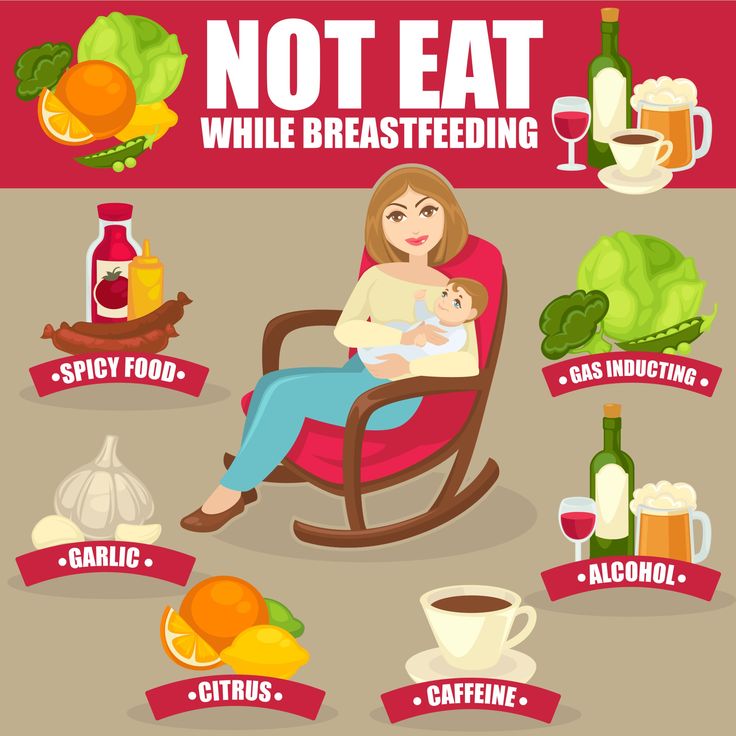
Safe and healthy diet
The diet of a nursing mother with colic in a child and not only must have meat. It is preferable to choose low-fat varieties: poultry, beef and veal, pork . It is better to eat boiled meat, meatballs and meatballs - what you need. It will be great if mom pays attention to cottage cheese and various types of cheese . Cottage cheese casseroles, cheesecakes, cheese sandwiches - all this can and should be eaten. Yogurt is also useful, but you should buy a product without preservatives, and preferably the freshest. It is extremely important to introduce fresh or cooked vegetables into your diet . For example, zucchini, cauliflower and pumpkin. Ordinary white cabbage should not be abandoned either. Indeed, fresh cabbage affects the occurrence of gases in a baby. Why forbid yourself a loved one borscht or cabbage rolls ? Berries , which grow in your area, are safe if mom was not allergic to them. Genetically, the baby is ready to take them along with mother's milk. It can be apples, and pears, and plums, and currants, and gooseberries with lingonberries. It is recommended to drink fresh juices fresh . At least a glass a day. Bread is better to eat wholemeal because fresh white bread can affect the occurrence of colic. The number of cereals should be varied, especially useful oatmeal . Mommy should also pay attention to dried fruits: dried apricots and prunes are very useful . But new foods that can cause colic or allergies should be introduced carefully and gradually. We eat a new product and monitor the reaction of our baby. If nothing special happened, then the product is good. An allergic reaction to in a newborn may occur within 2-4 hours.
Genetically, the baby is ready to take them along with mother's milk. It can be apples, and pears, and plums, and currants, and gooseberries with lingonberries. It is recommended to drink fresh juices fresh . At least a glass a day. Bread is better to eat wholemeal because fresh white bread can affect the occurrence of colic. The number of cereals should be varied, especially useful oatmeal . Mommy should also pay attention to dried fruits: dried apricots and prunes are very useful . But new foods that can cause colic or allergies should be introduced carefully and gradually. We eat a new product and monitor the reaction of our baby. If nothing special happened, then the product is good. An allergic reaction to in a newborn may occur within 2-4 hours.
Let's summarize
Why newborn babies have colic is still not known for certain. But modern medicine believes that the baby's inability to the outside world is to blame for the phenomenon, which, over time, returns to normal. Colic is not always directly related to the mother's diet . You should not think that eating cabbage or sweets will necessarily cause colic in an infant who does not suffer from gas. If eating any food is related to the well-being of the baby, the mother will definitely notice it. It is the mother who observes the very moment when the baby reacts to the composition of her milk. It's no secret that some mothers eat jars of condensed milk and bags of nuts to boost their milk supply. And their babies don't suffer from colic at all! And others, intimidated by the diet, fearing to harm the crumbs, limit themselves in nutrition in advance. One child may not tolerate eggs, and the second will suffer from pain in the tummy after mom ate, for example, a fresh, hot bun. That is why, for every mother and every baby, there is one, separate list of non-recommended products. Doctors suggest that colic that occurs in infants as a reaction to maternal food is allergy .
Colic is not always directly related to the mother's diet . You should not think that eating cabbage or sweets will necessarily cause colic in an infant who does not suffer from gas. If eating any food is related to the well-being of the baby, the mother will definitely notice it. It is the mother who observes the very moment when the baby reacts to the composition of her milk. It's no secret that some mothers eat jars of condensed milk and bags of nuts to boost their milk supply. And their babies don't suffer from colic at all! And others, intimidated by the diet, fearing to harm the crumbs, limit themselves in nutrition in advance. One child may not tolerate eggs, and the second will suffer from pain in the tummy after mom ate, for example, a fresh, hot bun. That is why, for every mother and every baby, there is one, separate list of non-recommended products. Doctors suggest that colic that occurs in infants as a reaction to maternal food is allergy .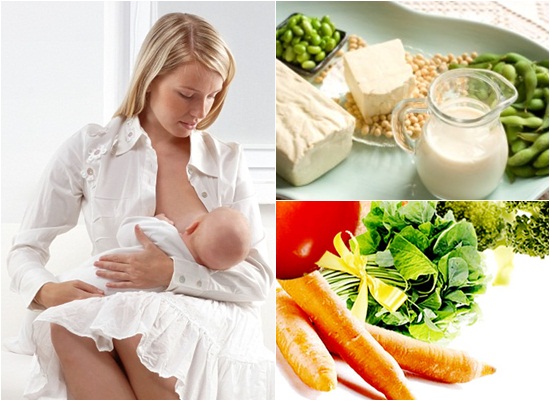 But such an allergy does not manifest itself in the form of a rash on the skin, but in the form of the same rash on the intestinal mucosa. Because of this, the child suffers from pain. Cow's milk products cause allergies especially often in babies. That is why nutritionists do not recommend it.
But such an allergy does not manifest itself in the form of a rash on the skin, but in the form of the same rash on the intestinal mucosa. Because of this, the child suffers from pain. Cow's milk products cause allergies especially often in babies. That is why nutritionists do not recommend it.
A child's tummy can hurt for a hundred different reasons, to which the mother's diet has absolutely nothing to do with. If the doctor recommends removing any product from the diet, you need to remove it. But if nothing changes, then the reason is not in it. So, it can be easily "returned to its place." Unfortunately, to date, therapeutic methods for preventing colic are local in nature. Need to do special gymnastics together with baby , laying the baby on the tummy, then turning it over on the back and massaging the tummy clockwise. Mom needs a lot of fluids during this period, you need to drink as much water as possible. But the diet must be approached creatively and reasonably.